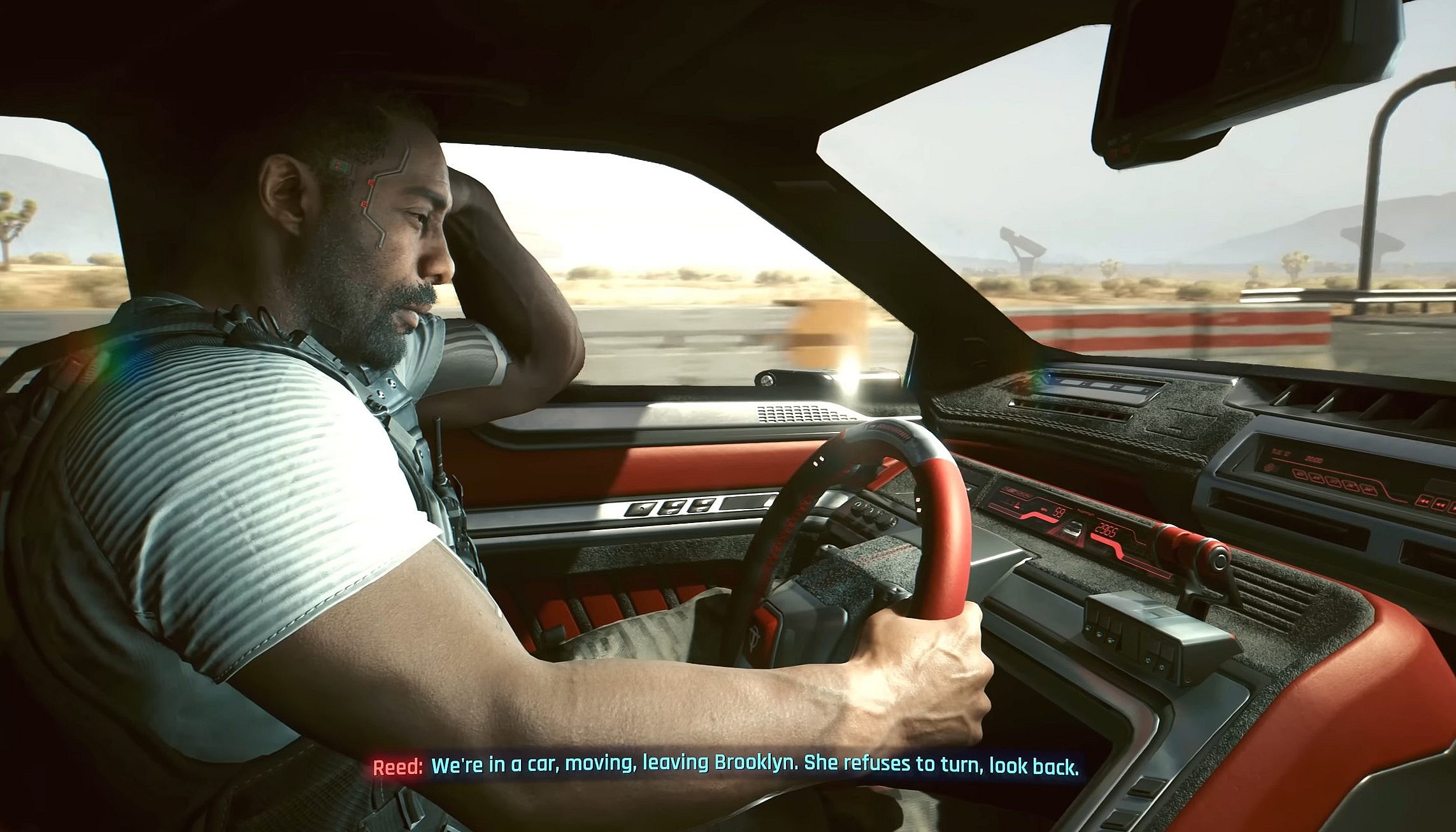‘Cyberpunk 2077’ Sequel Associate Director Says Original Game “Didn’t Push The Envelope Far Enough” With Its Social Commentary

In the opinion of Cyberpunk 2077 sequel associate director Paweł Sasko, the first game in CD Projekt Red’s latest franchise did not “push the envelope far enough” in regards to its commentary on American social issues.

Sasko, who prior to his current role served as the lead quest designer on the first Cyberpunk 2077, offered his thoughts on this topic while making an appearance alongside the sequel’s – presently codenamed Project Orion – Executive Producer Dan Hemberg on the 7th episode of his employer CD Projekt Red’s in-house, game dev-centric podcast, AnsweRED.
[Time Stamp: 00:05:37]
Pressed by the show’s co-host Paweł Burza if he could speak to his experience as a European making a game set in the US, Hemberg recalled that one of the biggest challenges he faced was the fact that “there’s so much nuance” in the differences between the two cultures.
“Being from Europe is, like, interesting,” he opined of his research into the American aesthetic. “I sometimes feel like I’m in a camera in some other reality and just observing and, you know, taking snapshots.”

To this end, he then noted that one of the most stark contrasts between the two countries was the fact that the US suffers from a rampant “homeless crisis” – the particular realities of which made him realize that Cyberpunk 2077‘s attempts at portraying a future dystopia were laughable compared to what he saw in the present day.
“Like I remember us traveling a couple of times to, you know, LA, San Francisco, when working on Cyberpunk,” Sasko detailed, “And then after we did the game, we shipped it, and I did even more traveling now when I’m in US, I see that we didn’t push the envelope far enough in some places. For instance, like the, let’s say the homeless crisis, you know, and so on.”
“When I look at it, I’m like, ‘We weren’t [going] far enough in Cyberpunk 2077‘,” concluded the Project Orion associate director. “We thought that we were like dystopian, but it was, we just like touched the surface.”

Echoing his colleague’s thoughts, when later asked for his thoughts on “What does Cyberpunk mean for you?”, Hemberg asserted, “I think the really cool thing about Cyberpunk, and the dystopian future that it has, is there’s so much relevance to today. Of megacorporations, of people on the fringes, of people just being exploited resources, of the wealth gap, of all these things.”
“I think that 2077 allows us to tell these stories in ways where—at the heart of it—there’s always relationships and people, but we’re in a really broken world and that we can call out some of these things,” he added.

At current, Project Orion has yet to receive an official release date.
NEXT: ‘Cyberpunk 2077’ Sees Massive Explosion In Sales Following Premiere Of ‘Edgerunners’ Anime
